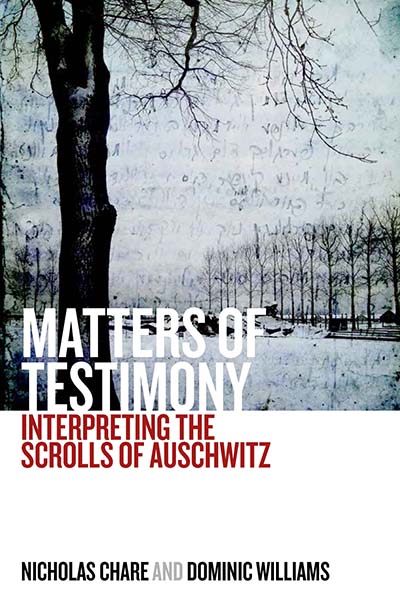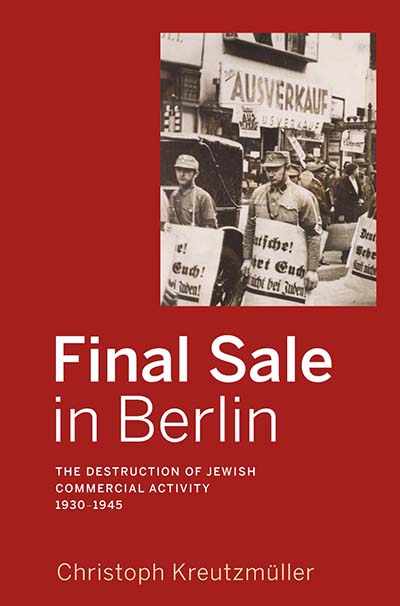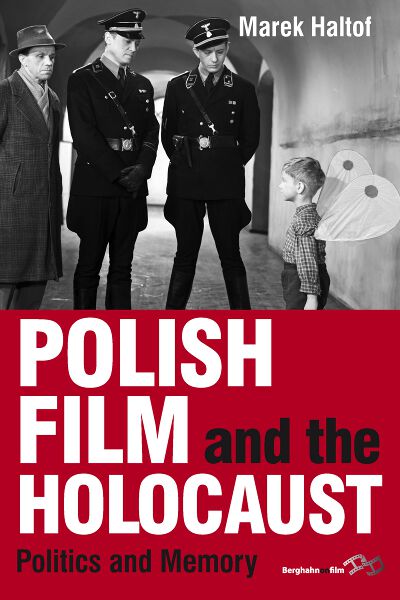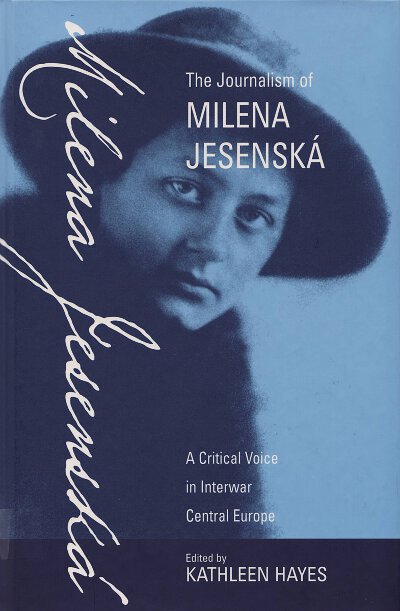 Milena Jesenská (10 August 1896 – 17 May 1944) was a Czech journalist, writer, editor and translator. She is popularly remembered as one of Franz Kafka’s great loves, and Jesenská’s translation of The Stoker was the first translation of Kafka’s writings into any foreign language.
Milena Jesenská (10 August 1896 – 17 May 1944) was a Czech journalist, writer, editor and translator. She is popularly remembered as one of Franz Kafka’s great loves, and Jesenská’s translation of The Stoker was the first translation of Kafka’s writings into any foreign language.
After the occupation of Czechoslovakia by the German army, Jesenská joined an underground resistance movement and helped many Jewish and political refugees to emigrate. In the Czech Republic, she is remembered as one of the most prominent journalists of the interwar period and as a brave one: in 1939 she was arrested for her work in the resistance after the German occupation of Bohemia and Moravia, and died in Ravensbrück concentration camp in 1944.
It is estimated that Jesenská wrote well over 1,000 articles but only a handful have been translated into English. In The Journalism Of Milena Jesenská: A Critical Voice in Interwar Central Europe, her own writings provide a new perspective on her personality, as well as the changes in Central Europe between the two world wars as these were perceived by a woman of letters. The articles in this volume cover a wide range of topics, including her perceptions of Kafka, her understanding of social and cultural changes during this period, the threat of Nazism, and the plight of the Jews in the 1930s.
On 15 March 1939, the German Wehrmacht moved into Prague, and the occupation would not end until the surrender of Germany following World War II. Below is an excerpt from the book The Journalism Of Milena Jesenská: A Critical Voice in Interwar Central Europe.
Continue reading “Milena Jesenská: Prague, the Morning of 15 March 1939” →
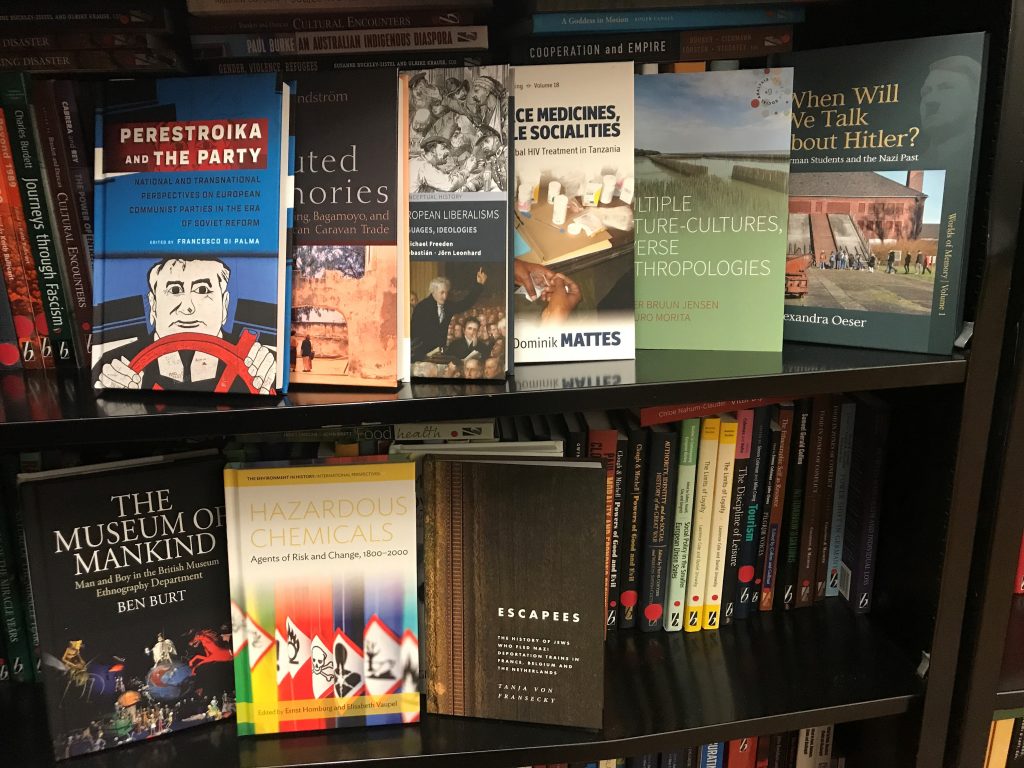

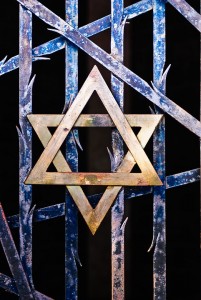
 Milena Jesenská
Milena Jesenská
